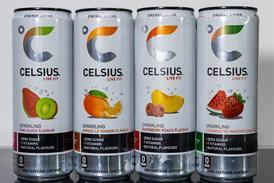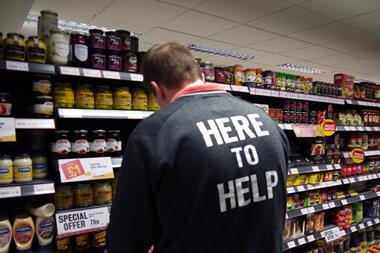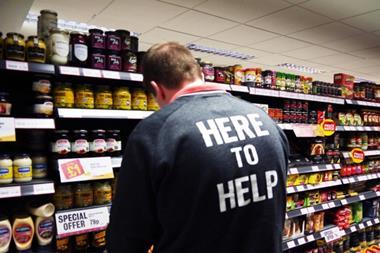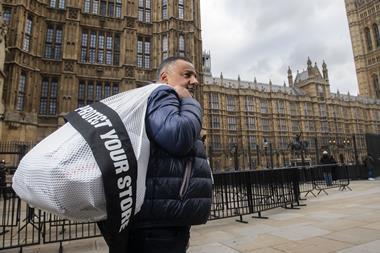Independent retailers’ investment plans fall to seven-year low

Fewer than 10% of independent retailers are planning to invest in their business in the future, according to the Association of Convenience Stores, marking the lowest figure since it began its Voice of Local Shops Survey in 2012.
ALREADY HAVE A REGISTERED USER ACCOUNT? PLEASE LOG IN HERE
To read the full story join the ConvenienceStore.co.uk community today!
Registration is quick and easy and provides access to:
- Unlimited ConvenienceStore.co.uk articles
- Our great range of newsletters
- Content you’ve saved for later via the ‘my library’ feature
And much more…






























